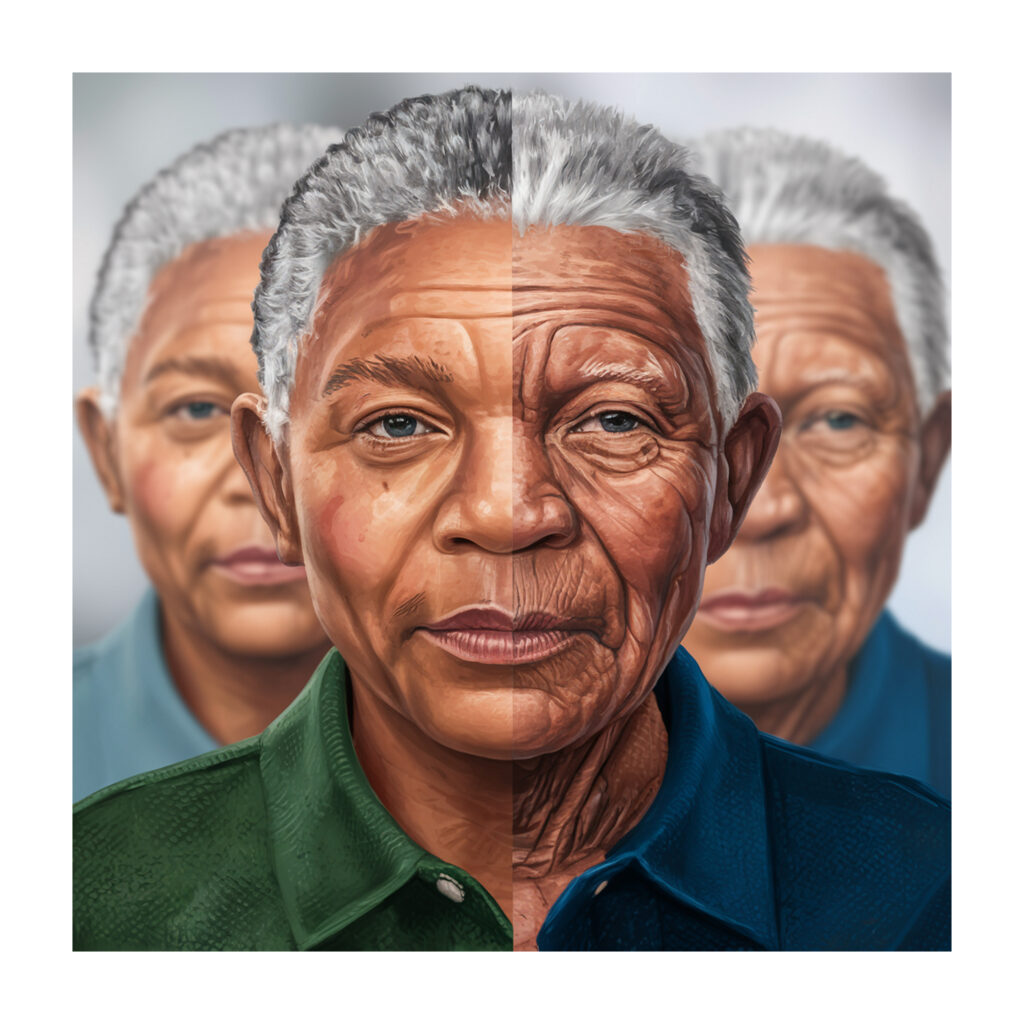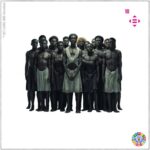A Day to Celebrate the Role of Television in Connecting and Informing the World On 21st November, we commemorate World Television Day, a UN-designated day recognising television’s critical role in... Read more
Nelson Mandela: A Complex Legacy
Nelson Mandela, born on July 18, 1918, in the small village of Mvezo in South Africa, is widely revered as one of the most transformative figures in modern history. His journey from rural beginnings to becoming the first black president of South Africa is a testament to his indomitable spirit, unwavering commitment to justice, and the power of reconciliation. However, his life and legacy also encompass complex and sometimes contentious aspects, illustrating that even the most revered leaders are not without flaws and controversies.
Early Life and Activism
Mandela’s early life was marked by traditional Thembu upbringing, but his education at prestigious institutions such as Fort Hare University and the University of Witwatersrand exposed him to the harsh realities of racial discrimination. In the 1940s, Mandela became increasingly involved in the African National Congress (ANC), co-founding the ANC Youth League, which sought more radical methods to challenge the oppressive apartheid regime.
Imprisonment and International Symbol
In 1962, Mandela was arrested and later sentenced to life imprisonment for his involvement in planning acts of sabotage against the apartheid government. His imprisonment on Robben Island and later in Pollsmoor and Victor Verster prisons turned him into an international symbol of resistance against racial oppression. Mandela’s ability to endure 27 years of harsh prison conditions without renouncing his principles or succumbing to bitterness earned him worldwide admiration.
Presidency and Reconciliation
Upon his release in 1990, Mandela played a pivotal role in negotiating the end of apartheid. His efforts culminated in South Africa’s first multiracial elections in 1994, which saw him elected as the country’s first black president. Mandela’s presidency was characterized by his emphasis on reconciliation, famously advocating for forgiveness rather than retribution. He established the Truth and Reconciliation Commission, which aimed to heal the nation’s wounds by uncovering the truth about past atrocities and promoting forgiveness.
Positive Aspects of Mandela’s Legacy
Mandela’s legacy is profoundly positive in many respects. His leadership in dismantling apartheid and fostering a new era of racial harmony is arguably his most significant achievement. Mandela’s advocacy for human rights, equality, and justice resonated globally, inspiring movements for social justice and civil rights across the world. His personal qualities—humility, forgiveness, and unwavering commitment to peace—have left an enduring mark on global leadership paradigms.

Controversies and Criticisms
However, Mandela’s legacy is not without criticisms and controversies. Some argue that his approach to reconciliation was too lenient on the perpetrators of apartheid-era crimes, allowing many to escape accountability. This perceived leniency has contributed to ongoing racial and economic disparities in South Africa. Furthermore, Mandela’s ANC government faced significant challenges, including rising crime rates, unemployment, and the HIV/AIDS epidemic. Critics argue that his administration’s policies were sometimes ineffective in addressing these critical issues.
Moreover, Mandela’s decision to align with controversial leaders and regimes, such as Fidel Castro of Cuba and Muammar Gaddafi of Libya, has also drawn criticism. While Mandela justified these alliances based on their support for the anti-apartheid struggle, detractors view them as compromising his commitment to universal human rights.
Personal Struggles and Resilience
On a personal level, Mandela’s life was marked by profound sacrifices. His dedication to the cause of freedom came at a significant personal cost, including long periods of separation from his family. His first marriage to Evelyn Mase ended in divorce, partly due to the strain of his political activities. His second marriage to Winnie Madikizela-Mandela also faced significant challenges, exacerbated by their prolonged separation during his imprisonment and her own controversial political activities.
Conclusion
Nelson Mandela’s life is a tapestry of triumphs and tribulations, embodying both the extraordinary achievements and the inherent imperfections of a global icon. His unwavering fight against apartheid, his role in establishing a democratic South Africa, and his advocacy for reconciliation and human rights have cemented his place in history as a towering figure of justice and peace. Yet, the criticisms and controversies surrounding his legacy remind us that even the most lauded leaders grapple with complex challenges and are subject to scrutiny. Mandela’s story is a powerful reminder of the potential for human resilience and the capacity for change. His legacy, while not without its flaws, continues to inspire future generations to strive for a more just and equitable world.








